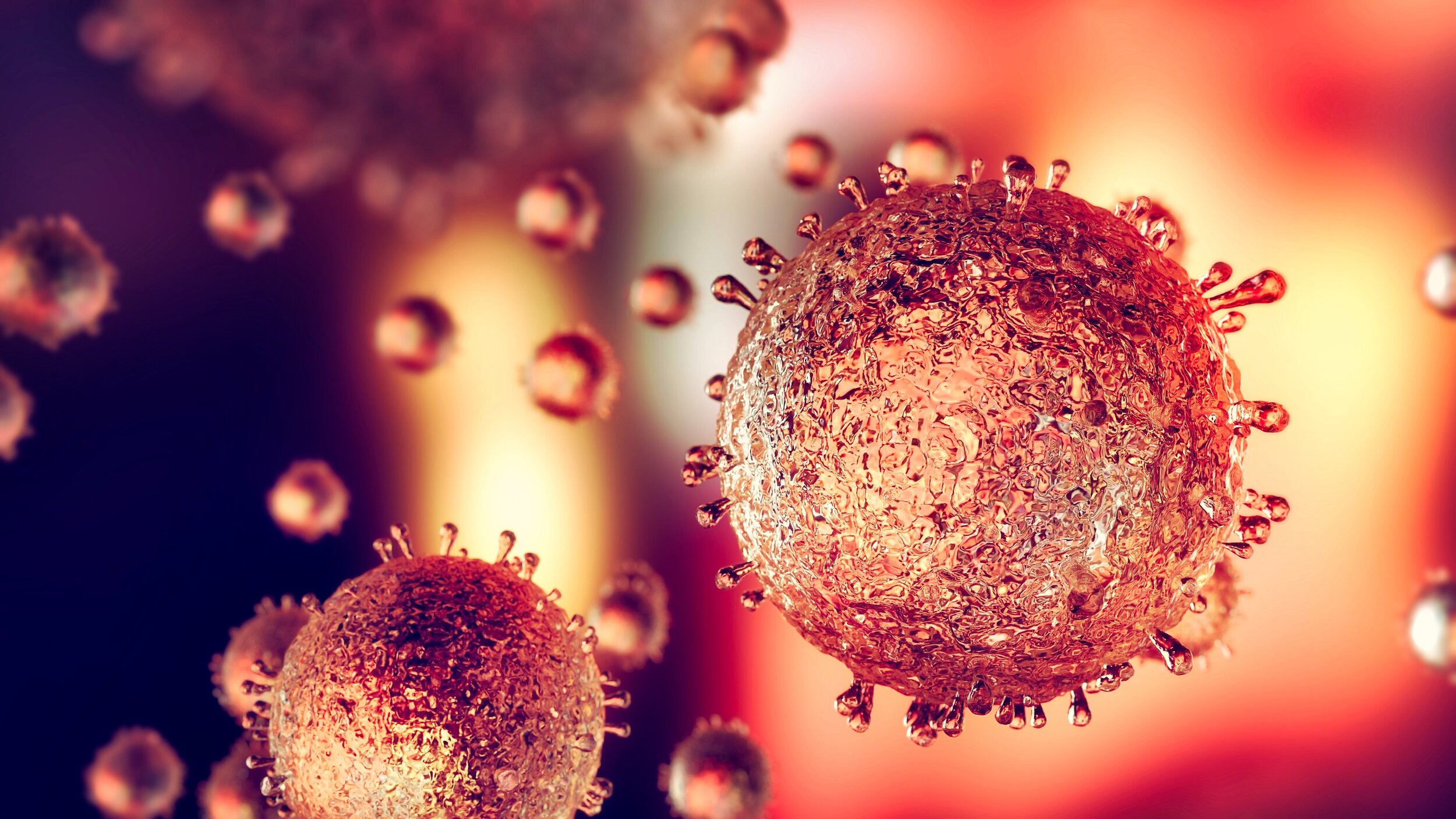Neuroscientists discovered that your current sleep quality might tell you when and at what speed Alzheimer's will emerge in your brain.
Can ageing really be ‘treated’ or ‘cured’? An evolutionary biologist explains
There might be more rogue planets than stars in the Milky Way
New highly sensitive microtracer technology allows for faster drug development and reduces/replaces the need for animal testing
Bio-inks are the key to amazing new medical applications for 3D printing
How brains do what they do is more complex than what anatomy on its own suggests
The brain has always been a fascinating subject to scientists, as countless studies are done each year. However, how the brain works exactly mostly remains a mystery to this day. In this article professor of electrical engineering and bioengineering, Salvatore Domenic Morgera explains his insights and views on one particular conundrum within the enigma that is our brain, namely the relationship between the brain’s physical structure and its functionality.
Scientists unraveled the mystery of why unicellular organisms light up our coastlines
Scientists discover that there is much more metal on the Moon than previously thought
Four things you didn’t know about nuclear waste
Research reveals that baby planets are born in 'the blink of an eye'
Researchers plan investigate how well humans deal with the lack of physical connection we are currently experiencing
We are currently experiencing unique circumstances. Never before has such a diverse group of people (rich, poor, old, young, happy, unhappy, healthy, unhealthy male, female, etc.) been confronted with a prolonged deficit of physical contact. What are the effects of this phenomenon on our mental well being? Researchers aim to answer this question in a new study.
Are viruses alive? Perhaps we’re asking the wrong question
Factories in space: how extra-terrestrial industry could keep humans alive
European astronomers made an unexpected discovery in the early universe
Belgian researchers seek to accelerate the development of a new type of antibiotic
Amazing: Dutch scientists build a sensor composed of just 11 atoms
Half the matter in the universe was missing – we found it hiding in the cosmos!
Scientists discovered that sunscreen is damaging warm-water coral reefs
Scientists transmit a record-breaking 44.2 terabits per second through a standard optical fiber cable
Hydrogen-breathing aliens? Study suggests new approach to finding extraterrestrial life
In our search for extraterrestrial life, we tend to look at ‘conventional’ Earth-Like exoplanets, searching for atmospheres for recognizable bio-signatures. This makes sense, after all, we only have one sample of a life hosting planet in the universe. Still, it could be smart to also look at different indicators, as alien life might use dissimilar chemistry to our own. In a new study, scientists argue to broaden our search. Professor of Planetary Geosciences, David Rothery, explores the topic in this article.


















